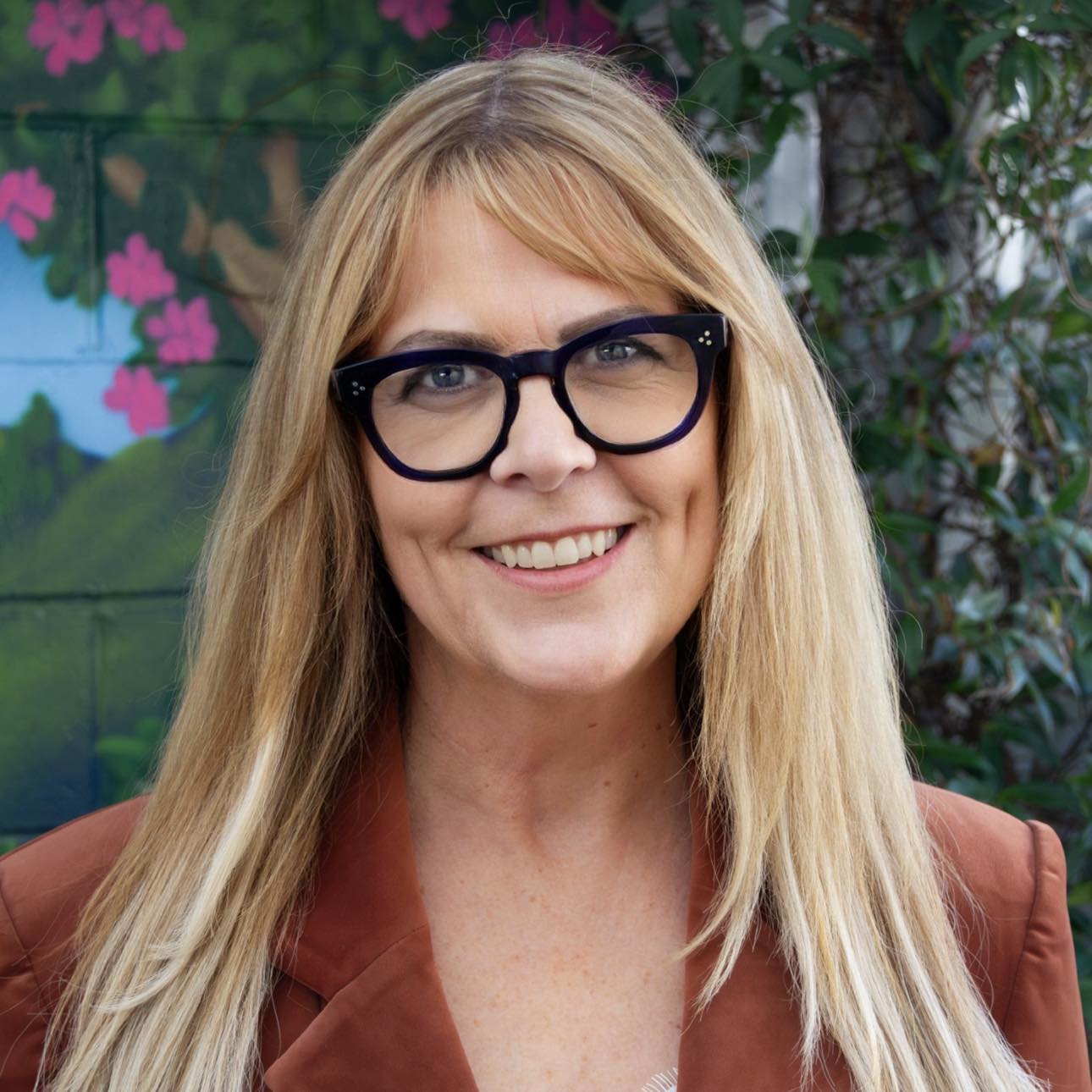
There are simple but highly impactful changes that any employer can make to help change the conversation around disability in the workplace; and there are many potential benefits of this for both employers and people with access needs.
Like me, one in four New Zealanders have access needs (disabilities). While I grew up with Cerebral Palsy and a vision impairment, I live a full life and run a successful business that supports people, including myself, through assistive technology. Through my work supporting others in the workplace I’ve recognised some opportunities that could help to open doors for employers and potential employees – particularly important given that 24% of New Zealanders with access needs have the potential to meaningfully contribute to our economy.
While in the past 10 years I’ve seen some excellent changes, including an increase in people with access needs contributing to society through assistive technology, increased employment opportunities and more awareness of accessibility in general, the conversation must continue. In fact, now is the time to prioritise that conversation, given the changes in how we work following Covid-19.
While we cannot underestimate the challenges in shifting organisational culture, I firmly believe the starting point is a change of perspective.
It can be as simple as how a role is advertised. Including information around how your organisation welcomes people with access needs, is a great first step. Promoting flexible working – or even being open to job-sharing – widens an employer’s applicant pool and appeals to people with differing needs. Another is ensuring that as an employer, you’re equitable from the outset. This means providing alternate ways for people to apply for roles. For a person who may find technology challenging, think about offering a phone number and a way to apply for a role over a conversation, as opposed to traditional written or online options.
The second step is changing the lens through which an applicant with access needs is considered. I implore any employer to look at a person for their merits. Try not to make assumptions and look beyond their disability. For example, the fact that I can’t drive doesn’t limit my professional expertise, though this may take some accommodating on behalf of an employer through flexible working options.
Crucial too is the role of leadership in changing the conversation around disability in the workplace. There needs to be true leadership support and strong endorsement for better enabling people with access needs in the workplace. Nor should the conversation stop there – how many leadership roles do you see that are occupied by people with access needs?
So where to from here? In the next five years, I would like to see a reduction in the unemployment rate of people with access needs, and I’d like to see standard technology that is functional and accessible to everyone, including those with disabilities.
I too play a part in helping shape that future. My goal is to establish a subscription-based service that better supports people with access needs and employers to use technology so that accessibility becomes the norm, not an afterthought.
______________________________________
The author had recently delivered a TEDx talk where she shared her personal story of possibility! Check it out here: https://tedxpipitea.com/speaker/genevieve-mclachlan
Genevieve has won numerous business awards and in 2016 she was named in the Queen’s Birthday Honours as a Member of the New Zealand Order of Merit for Services to People with Disabilities.
Read more about Genevieve’s business here: https://www.adaptivetech.co.nz
 Print This Post
Print This Post



